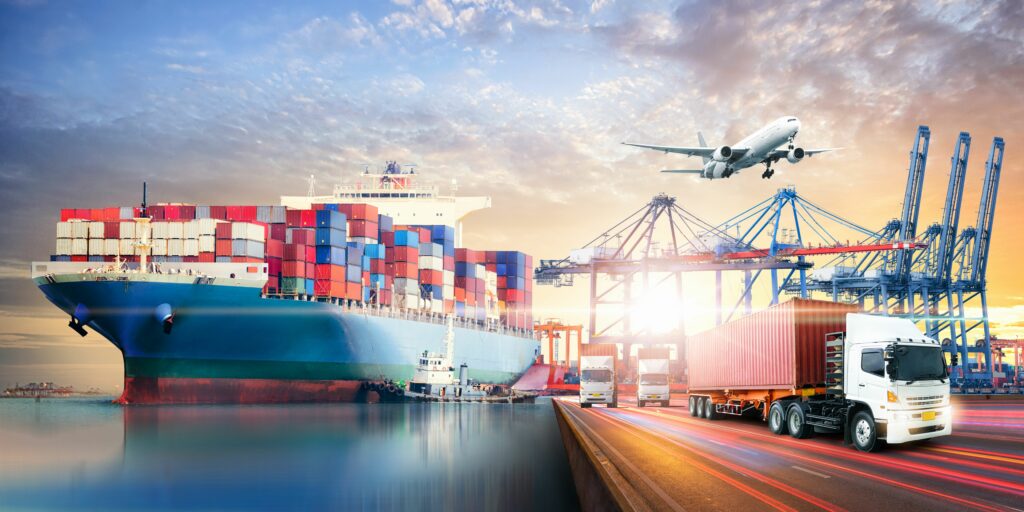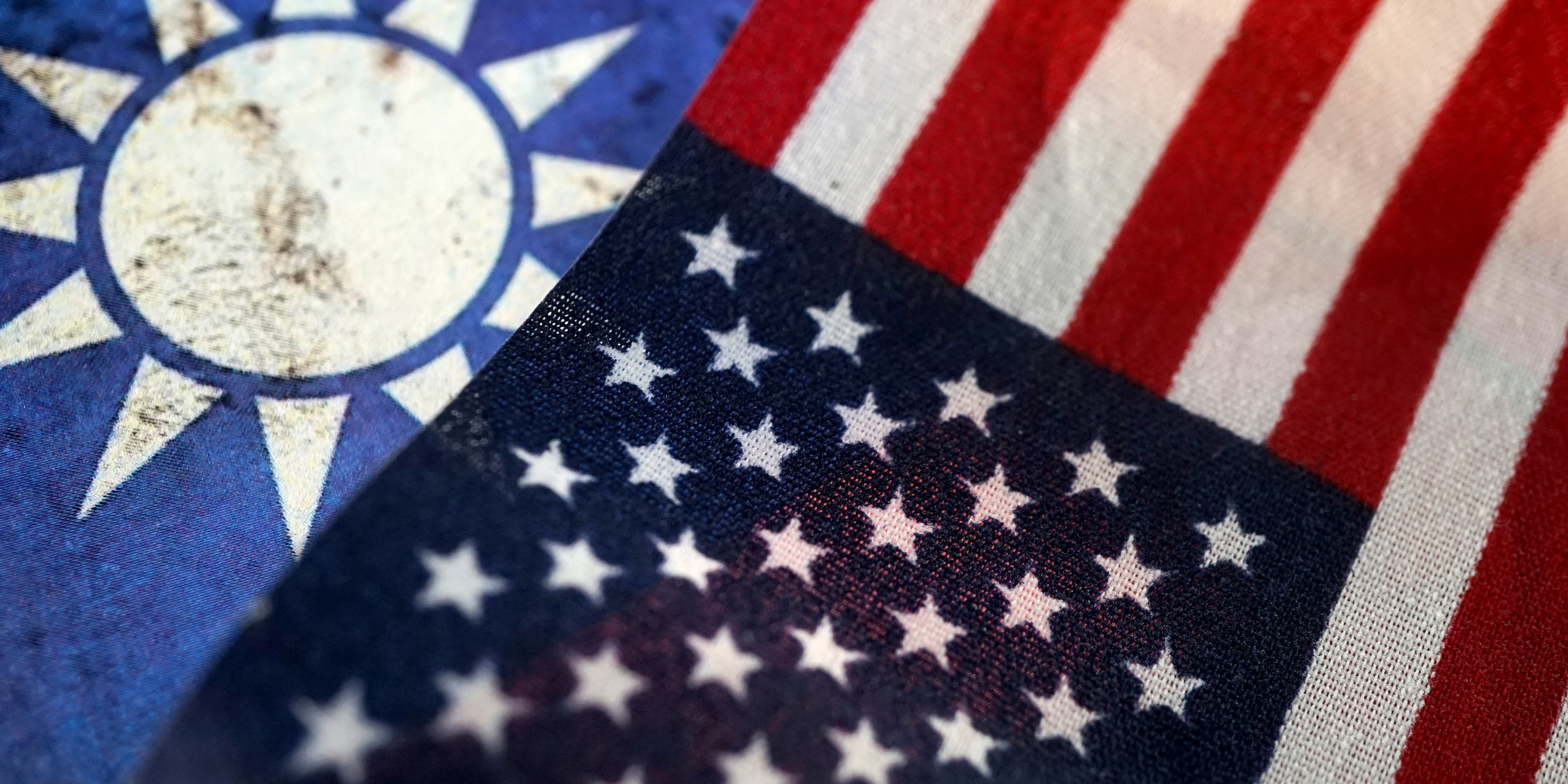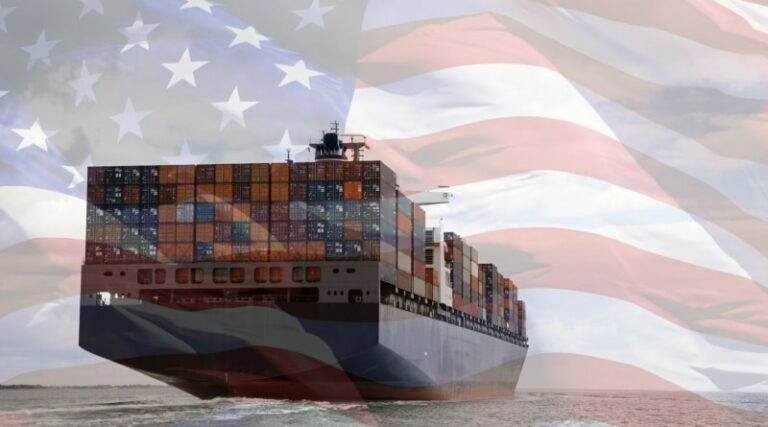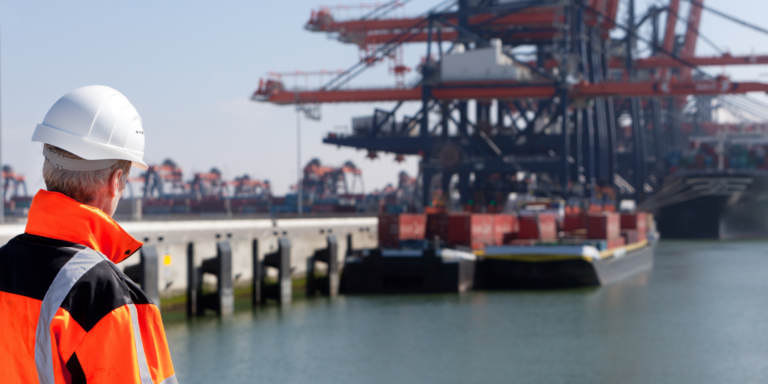Taiwan Wants to Push Bounds of US Trade Deal to Beat Isolation
Taiwan’s top trade negotiator, John Deng, has expressed a desire to expand the trade agreement between Taipei and Washington into a more comprehensive free trade deal. This move comes as Taiwan strives to counter China’s efforts at isolating the island nation and bolster its export-dependent economy.
In an interview with Bloomberg News in Taipei, Deng stated that Taiwan’s trade officials are engaged in discussions with their US counterparts regarding the expansion of the current trade arrangement. Deng highlighted two primary goals in these discussions. First, to broaden the scope of coverage, including topics such as agriculture and labor. Second, to address market access issues, particularly tariffs.
The current trade framework, formally known as the US-Taiwan Initiative on 21st Century Trade, focuses on regulatory practices, customs, and corruption. However, it does not encompass market access or tariff reductions due to the complexities and tensions between the US and China. It is important to note that Beijing claims Taiwan as part of its own territory.
The Biden administration has been cautious in negotiating traditional free-trade deals, and it inherited tariff talks with the UK and Kenya from the previous administration. The hesitancy is attributed to concerns that past deals have negatively impacted American workers by incentivizing manufacturers to relocate for cheaper labor. As such, an expanded trade agreement between Taiwan and the US, resembling a free trade deal, would be a significant political development, solidifying US support for Taiwan.
The desire for enhanced trade cooperation with the US comes at a time when Taiwan is navigating a delicate relationship with Beijing. China has implemented measures to punish Taiwan’s economy, including food product sanctions and travel restrictions on tourists.
Deng highlighted the strong support Taiwan has received from US lawmakers, noting the unanimous approval of the existing trade initiative with Taiwan by the US Senate in July. Talks are already underway between Taiwan’s trade negotiators and the team led by US Trade Representative Katherine Tai. Taiwan hopes to push these talks as far as possible on a working level before seeking approval from each government.
However, Taiwan may face challenges in expanding its deal with the US, particularly related to the issue of migrant workers employed by the island’s distant-water fishing fleet. Reports by the US Department of Labor reveal mistreatment of foreign fishermen employed in Taiwan, including withheld pay and physical abuse. Deng acknowledges the need for changes in Taiwan’s legal system and practices to address these issues.
While Taiwan is making progress on economic dialogue with the US, its efforts to join the Comprehensive and Progressive Agreement for Trans-Pacific Partnership (CPTPP) have thus far been unsuccessful. The CPTPP, once seen as a counterbalance to China’s influence in the region, primarily includes nations bordering the Pacific Ocean and East Asia. Former President Donald Trump withdrew the US from the pact, leaving Japan as the dominant economy within the agreement.
One of the main obstacles to Taiwan’s accession to the CPTPP is Chinese opposition. Beijing opposes Taiwan’s participation in international organizations that would imply the island has statehood. Additionally, China has also applied to join the CPTPP, and new applicants can only join with the support of all other members.
To overcome its isolation in the trade and economic arena, Taiwan may consider pursuing a network of bilateral free trade deals. Deng suggests that a series of bilateral deals could be the solution to alleviate concerns of isolation caused by China’s reactions.
In summary, Taiwan’s desire to expand the US trade deal reflects its determination to overcome economic isolation amid China’s efforts. The push for a more comprehensive framework and increased market access demonstrates Taiwan’s intention to strengthen its economic ties with the US. However, challenges lie ahead, particularly in navigating relations with China and addressing concerns related to migrant workers. Taiwan also continues to face obstacles in joining the CPTPP. Pursuing bilateral free trade agreements may offer an alternative path for Taiwan to enhance its economic standing and mitigate the impact of isolation.
Source: https://www.ajot.com/news/taiwan-wants-to-push-bounds-of-us-trade-deal-to-beat-isolation

International Logistics
If you’ve ever considered expanding your expertise in the dynamic field of logistics and supply chain management, now is the perfect time to take the plunge. Sign up now for an upcoming course:







